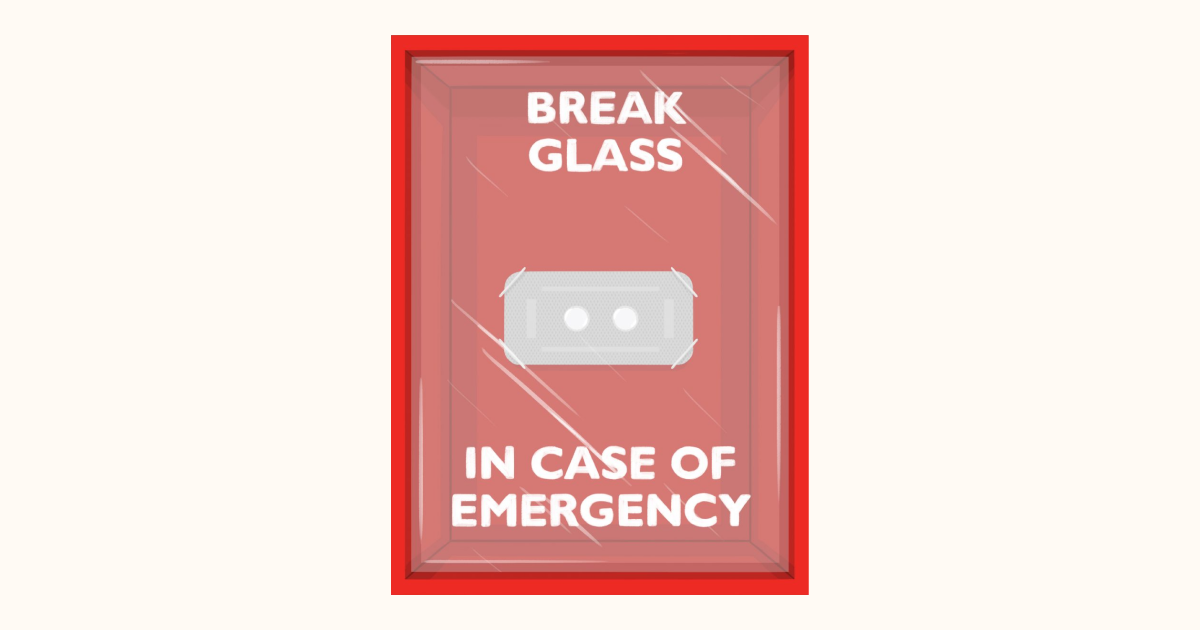In Singapore, the male condom remains one of the most popular contraceptive options, experts say.
Yes, it happens.
Condoms do not break or slip often. In fact, it most commonly only happens when couples do not follow the recommendations on proper condom use.
Though infrequent, there is a chance that they might occur and being armed with the knowledge is crucial in the event you find yourself in such a situation.
How can you tell if a condom tears or breaks?
Obvious breakage
Sometimes condoms break in the packaging or while they’re being put in place, so it’s a good idea to quickly inspect the condom before putting it on.
If the breakage happens when you’re in the moment, you’ll probably feel (immediate change in sensation for the one wearing it) or see the damage when you or your partner pull away.
However, many people don’t notice that a condom broke until after they’re done having sex. That’s why it’s important that you check the condom when you remove it for any obvious holes or leaks.
Microtear
Microtears are tiny tears not usually visible to the naked eye but can also allow viruses and sperm to pass through. This is rare, especially if you’re using and storing the condom correctly.
In some cases, microtears can be a manufacturer defect, though that’s extremely rare. Manufacturers put condoms through a series of tests to monitor for breaks and defects before selling them.
More often, user error causes microtears. Common mistakes that could lead to microtears include:
- using an expired condom
- opening condom wrappers with your teeth
- putting a condom on the wrong way, then flipping it and reusing it
- using a condom that was stored in an unsafe place, like a wallet
- using a condom that was exposed to large temperature shifts, moisture, or direct sunlight
- using a condom without lubrication, which results in friction that could make the condom break
- using oil-based lubes, such as Vaseline, lotion, or coconut oil, which can break down the material the condom is made of (latex or polyisoprene condoms)
How to prevent pregnancy if a condom is torn, broke or slipped?
If you had sex within the last 5 days, you can take an emergency contraception (morning-after) pill, which delivers a high dose of hormones to delay ovulation and prevent a fertilized egg from implanting in your uterus.
The two common types of morning-after pills in Singapore are:
- Ulipristal acetate (Ella®)
- has to be taken within 120 hours (5 days) after unprotected sex
- lowers your chances of getting pregnant by up to 98% throughout the entire five-day window; and
- Levonorgestrel (Postinor®-2)
- works up to 72 hours after unprotected sex but is generally not recommended after 24 hours
- lowers your chances of getting pregnant by 95% if taken within the first 24 hours after unprotected intercourse but this declines to 85% if taken between 25 – 48 hours and 58% if taken between 48 – 72 hours after unprotected intercourse.
Generally, it’s important to remember that the EC pill works best the sooner you take it!
Where to get emergency contraception (morning-after) pills in Singapore?
In Singapore, emergency contraception is only available with a prescription.
With Siena, you can buy your emergency contraception online!
Consult one of our female doctors via a video call and have your emergency contraception pill delivered to your door.
No waiting time, free 4-hour discreet delivery.
How to prevent HIV if a condom is torn, broke or slipped?
If you believe that you or your partner are at risk of contracting HIV, speak to a doctor immediately to access your situation and suitability for Post Exposure Prophylaxis (PEP) treatment.
PEP is a 28-day course of anti-retroviral medication that can prevent HIV from infecting your body. PEP is only effective within 72 hours after exposure to HIV, but the earlier you begin treatment, the more likely it is to work in full effect.
After which, you will likely need to take HIV tests to ensure the medication has worked.
The bottom line
Condom breakage or slippage can be a stress-inducing accident, but they’re pretty rare, especially if you follow the recommendations on proper condom use.
More often than not, you’ll know if the condom broke — and that means you can quickly take measures to protect yourself.

